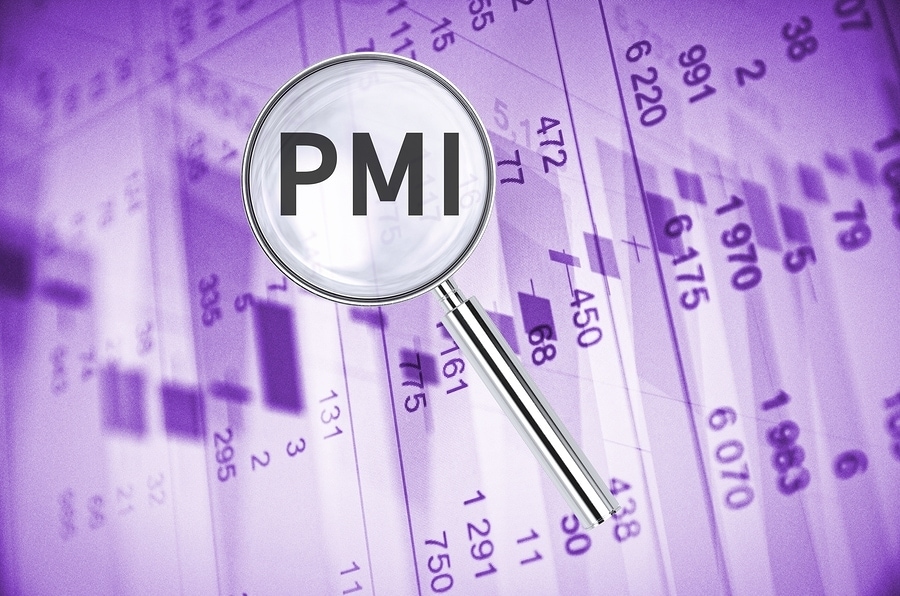Get Expert Financing
- Matched with investor-friendly lenders
- Fast pre-approvals-no W2s required
- Financing options fro rentals, BRRRR, STRs
- Scale your portfolio with confidence
You probably already have some idea that there’s a connection between credit scores and mortgage rates. But how close is that connection? And how much does your credit score really affect interest rates?
The bigger issue is that there are some factors that affect mortgage rates. A big one is loan-to-value, commonly referred to as LTV ratios. This is calculated by dividing the amount of your mortgage by the sale price of the home. For example, if the purchase price of the home is $200,000, and you are borrowing a mortgage of $150,000, your LTV is 75% – $150,000 divided by $200,000. The lower the LTV ratios are, the lower the interest rates will be.
Another factor is the type of property you are buying. Typically, the lowest mortgage rates will be found on single-family detached homes. There are pricing adjustments that are applied to other types of properties, including second homes, condominiums, investment properties, and properties containing 2 to 4 units.
Loan amount is another criteria. Generally speaking, mortgage rates will be lower on loan amounts greater than $100,000, then they will be on smaller amounts. While this doesn’t necessarily seem fair, lenders charge higher rates on lower loan amounts to compensate for the lower amount of revenue that they generate.
And true enough, credit scores for mortgages have a major impact on interest rates. Naturally, the higher your credit score is, the lower your rate will be. And while lower credit scores will result in higher interest rates, a credit score that is too low – generally below 620 – will result in a loan decline.
The pricing adjustments discussed above are what is known in the mortgage industry as tiered pricing. Simply put, tiered pricing means that mortgage rates will be determined by the range of possibilities within a given lending criteria.
In the case of credit scores, that means that the interest rate you will receive on your mortgage will be determined by your credit score, on a scale ranging from 620 to 850, which is the highest credit score available.
Mortgage rates are higher on lower credit scores because historical data on mortgage performance shows that borrowers with lower credit scores are more likely to default on their loans. The higher interest rates are charged to compensate for that greater risk.
Now that you have a general idea that credit scores do affect mortgage rates let’s take a look at how various credit scores will specifically impact that rate.
Mortgage lenders typically tier credit scores based on ranges. There isn’t an interest rate assigned to each specific credit score, but rather the ranges that the score falls within. So for example, pricing will be based on a credit score of 760 to 850, 700 to 759, and so on.
The chart below shows how the credit score ranges affect interest rates and monthly payments on a $200,000 mortgage:
SOURCE: MyFico.com Loan Savings Calculator
Notice the wide gap in interest rates and monthly payments between the highest credit score range – 760 to 850 – and the lowest range – 620 to 639. It’s quite substantial.
In the highest credit score range, the APR on your mortgage will be 3.698%, resulting in a monthly payment of $920. In the lowest credit score range, the APR will be 5.287%, resulting in a monthly payment of $1,109.
From the highest credit score range down to the lowest, the difference in the interest rate charged is 1.589%. But the change in the monthly payment is a whopping $189 per month. That’s $2,268 per year, every year – for 30 years! That’s a total difference of $68,040 over the life of the loan.
This is precisely why there’s so much discussion surrounding credit scores for mortgages.
Whenever you see a mortgage lender advertising their rates, what you’re seeing are the best rates that that lender has available to the most credit worthy borrowers. That means the rates that will be charged to borrowers who have credit scores of 760 or higher. If your credit score is lower, even by a little, you can reasonably assume that you will not get that lender’s best rates.
In fact, if you fall into one of the lower rate ranges, you may find that you’re getting much higher rate quotes than what is advertised. Worse, you may assume that the lender that you are getting a direct quote from is priced higher than other lenders, based on the rates that you have seen advertised. But the reality is that any lender that you contact for a direct quote, based on your actual credit score, is likely to be higher than the advertised rate.
All of this should make a strong case for doing your best to improve your credit score before applying for a mortgage. If you’re even thinking about applying, be sure to make all of your payments on time from now on. Pay off any past due balances, including and especially collection accounts. And work to lower the amount you owe on your credit card accounts. All will help to increase your credit score.
If your credit score is still in the lower ranges, even after making the above efforts, you might get a better rate by making a larger down payment on the house. You should also emphasize purchasing a single-family detached home, as those are the properties that carry the best interest rates.
There’s no getting around the fact that how mortgage lenders use your credit score will have a major impact on how much you will pay for a mortgage. Work now to begin improving your credit score, and it can literally save you thousands of dollars over the life of your loan.
Our advice is based on experience in the mortgage industry and we are dedicated to helping you achieve your goal of owning a home. We may receive compensation from partner banks when you view mortgage rates listed on our website.

![What Credit Score Do You Need for the Lowest Mortgage Rates? [2025 Complete Guide]](https://myperfectmortgage.com/wp-content/uploads/7joxnrbx6qg-1024x680.jpg)
